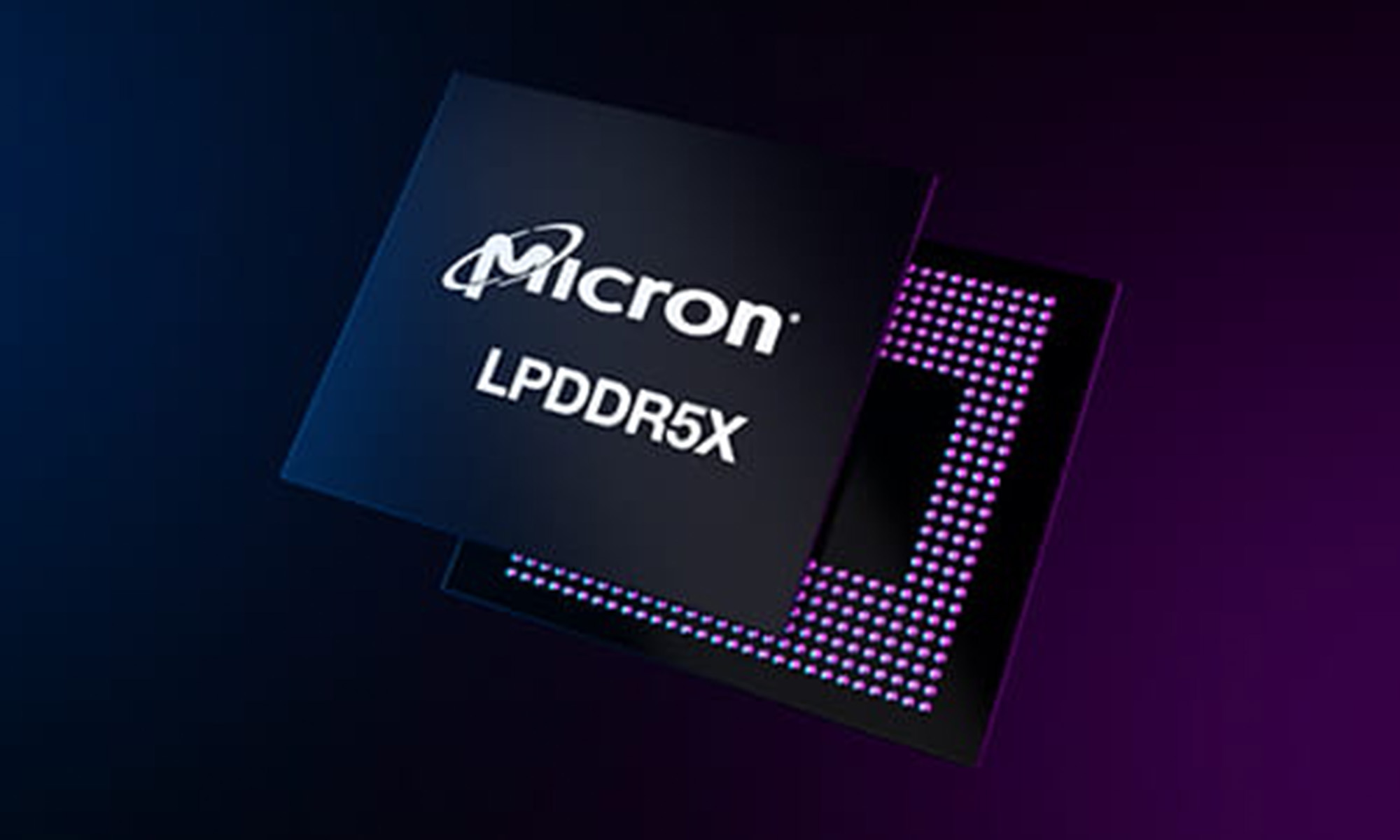It wasn't too long ago that Micron Technology (MU +0.15%) was one of the market's best growth stocks. Shares of Micron soared from $12 per share to $35 per share between July 2013-December 2014. Since then, it's been a completely different story. The stock is down 46% year to date, and fell 18% in a single day when the company missed third quarter financial expectations and provided a weak outlook for the fourth quarter.
With such a huge decline just since the beginning of this year, it's difficult to be optimistic about the stock now. But for value investors, Micron looks like a bargain. The stock is priced very cheaply, given the company's free cash flow and cash-rich balance sheet.
Here's why bargain hunters should take a closer look at Micron.
Micron lays an egg
Micron's stock is performing poorly because the company's key DRAM business is in trouble. This technology is critical to the personal computer industry, which is a concern since a number of recent data points to support the view that PCs are in trouble.
Technology research firms IDC and Gartner both found that PC shipments are down significantly this year. Gartner stated global PC shipments fell 9% in the second quarter, while IDC calculated that worldwide PC shipments declined 11% in the same period. These figures would represent the steepest quarterly decline in the past two years.
This matters a great deal to Micron, as weakness in the PC market will very likely have a negative impact on demand for memory chips. As PC sales slow, inventory builds, and this often leads to price deflation to clear away excess inventory. Micron could be further pressured by rising costs as well, as the company has made significant investments in bringing its DRAM products to mobile devices and making 3D NAND chips. Moreover, a serious downturn in the DRAM business would impact Micron because the company has built up this business in recent years. Last year, DRAM product sales represented 68% of Micron's total revenue, up from 48% the year before, and 39% in 2012.
Because of weakness in PCs, Micron's third-quarter earnings disappointed. The company earned $0.54 per share, while analysts expected $0.56 per share. Micron guided investors to expect current quarter revenue of $3.45 billion-$3.7 billion, well below analysts' average expectation of $4.1 billion.
Still, while Micron appears to be priced for disaster, there may be a lot of value here.
Takeover bid could set a precedent
Several financial media outlets recently reported that Chinese state-owned technology company Tsinghua Unigroup prepared to make a takeover bid for Micron in the amount of $23 billion, which works out to about $21 per share.
The deal does not seem likely, because reports indicate that the takeover bid would not receive regulatory approval. Plus, it is no guarantee that Micron would even accept the offer, as $21 per share still represents a very low valuation multiple, and a vastly lower price than Micron was trading at just a few months ago.
Nevertheless, the takeover attempt at the very least sets a precedent that Micron could be a takeover target, if the right suitor came along. Tsinghua's offer at least implies bigger companies see Micron as a valuable asset worth buying. It doesn't seem like Micron will be bought, at least not by Tsinghua, but the offer itself could indicate the stock is significantly undervalued. It's not like Micron is a deteriorating business -- far from it. The company's earnings per share are up 3.8% and 29% over the first nine months of the year.
Why the worst may be behind Micron
It's not hard to see what Tsinghua saw in Micron. Micron is a cash machine. In 2014, the company generated $3 billion of free cash flow. That works out to about $2.72 per share based on Micron's 1.1 billion diluted shares outstanding. This means the stock trades for just seven times its 2014 free cash flow.
With such strong cash flow and a manageable debt level, the cash is piling up on the books. At the end of last quarter, Micron held $4.8 billion of cash and cash equivalents, along with another $2.4 billion in long-term marketable investments. Taken together, this amounts to approximately $7.2 billion of cash and total marketable securities. This represents roughly $6.55 per share based on Micron's 1.1 billion shares outstanding. Backing out this cash, Micron stock trades for just four times its trailing 12 month EPS and last year's free cash flow.
While there is reason to be concerned about Micron given the broader weakness in the PC industry, such a huge decline in stock price this year seems like panic selling at its finest. Considering it is highly profitable and generates a lot of free cash flow, Micron seems much more like a true value stock than a value trap.



